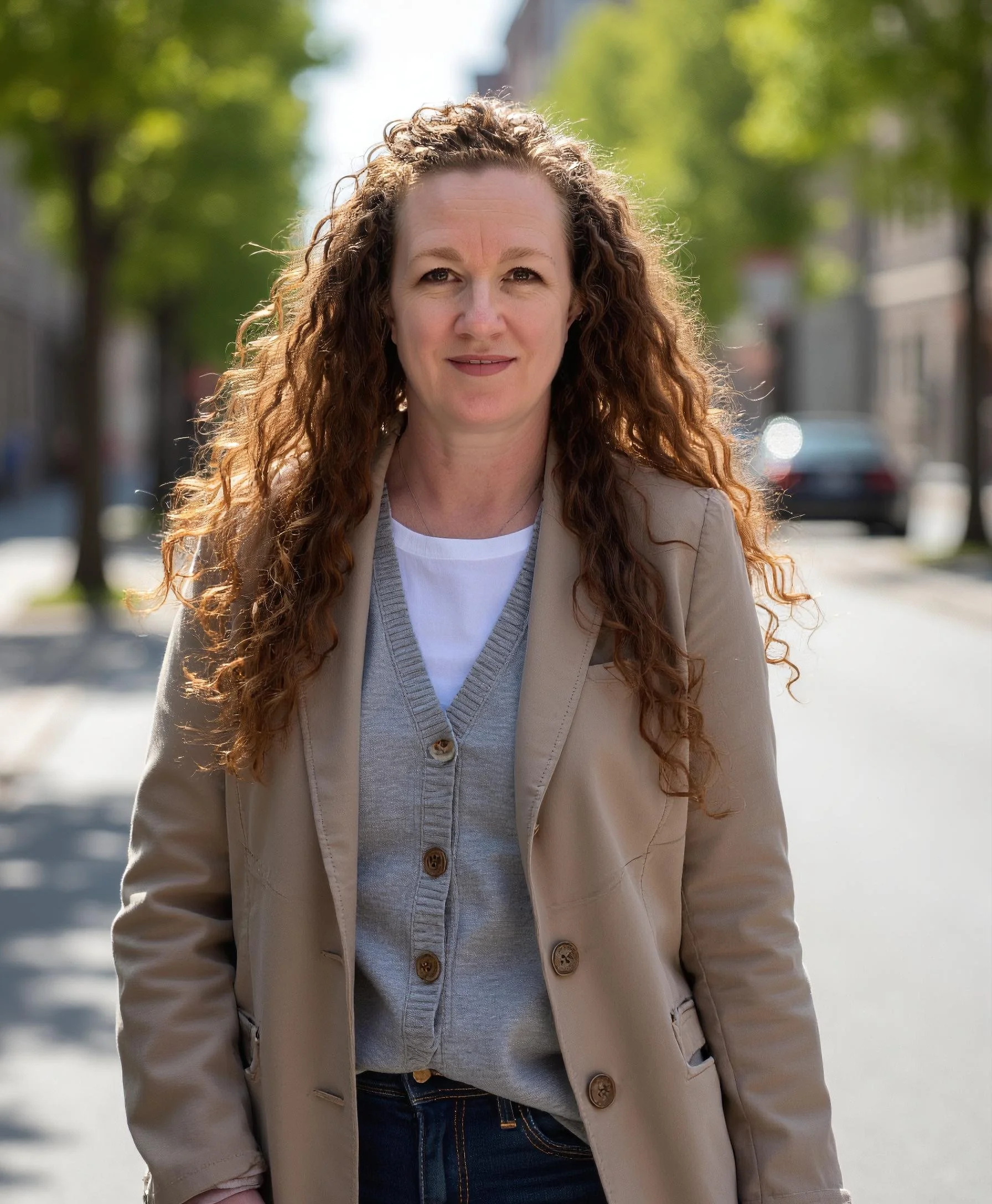Molly Vaillincourt LICSW
Certified IFS (Internal Family Systems) Therapist
Approved IFS Clinical Consultant
At times in life, I’ve felt as though I were “crazy” and “broken”. I struggled with depression, suicidal ideation, anxiety, and ADHD. I’ve had a long journey of healing. IFS has been the most powerful tool on this long path. As a counselor, I now use tools I’ve learned throughout my life to help others. I will help you to stop distracting and avoiding yourself, as you strive to gain a deeper understanding of the “why’s” of your feelings and behaviors. As we work together, you’ll learn to work with yourself instead of against. Long ago, a professor once told me “You can’t hate anyone you know”.
Trying to override, fight, or distract ourselves from thoughts, behaviors, and feelings often leads to avoidance, burying unresolved issues deeper into our system, and just white knuckling our way through life. This creates frustration, shame, and anger within ourselves. I encourage my clients to watch Pixar’s “Inside Out” when we start working together as this provides a great example of our complicated systems. Tools within IFS, open paths for us to know ourselves better so we can unload emotional burdens, fears, and pain and learn to move forward and heal.

All families are dysfunctional to some degree. It’s just a matter of where on the spectrum your family was. No parent wakes up and says “I’m going to be a bad parent today”. We don’t come out of childhood without some level of emotional wounds. Rather, we develop parts within ourselves that help us survive when we’re young and vulnerable.
As adults, we start to recognize that these parts sometimes prevent us from having happy, healthy relationships within ourselves and with others. Parts can keep us feel isolated and untouchable. Some parts may tell us that we have to be perfect in order to feel accepted or to be seen as valuable. Critical parts try to motivate us to do better…in a twisted sort of way. A previous client once said (with permission to share) that after she got to know her critical part, she called it her “backwards cheerleader”.
How much more compassion can we have for ourselves when we begin to understand ourselves on a truly deeper level? Unfortunately, many parts exist in survival mode. They often feel dysfunctional because they originally had to take on extreme roles to help us survive dysfunctional environments, families, schools, peers, and the world around us.
The Traumatic event is not what causes long term effects in our lives. It’s the thoughts and believes we process as a child and then carry from that trauma that we continue to hold in our system that create obstacles in moving forward.
“As traumatized children, we always dreamed that someone would come and save us. We never dreamed that it would in fact be ourselves as adults”
– Alice Little
Experience
My path as a therapist started in community mental health where I worked with individuals experiencing emotional distress and who had a range of diagnoses. Some of these included substance use, developmental disabilities, and those in need of long-term support. I spent several years with Strafford County Drug Court working with groups and providing individual counseling for severe substance use and trauma related issues. I am now in private practice. My early education and experience was in CBT (Cognitive Behavioral Therapy) and I have extensive training in DBT (Dialectical Behavioral Therapy). After several years of working with clients, I realized I wasn’t satisfied with these traditional modalities of therapy. I searched for a model that could offer healing on a deeper level. My search ended when I heard Dick Schwartz in a conference teaching about trauma and Internal Family Systems (commonly referred to as IFS). This was life changing!
I am a Certified IFS therapist. I am also an IFS Approved Clinical Consultant.
I have been trained in Levels 1, 2 and 3. I have served multiple times as a PA (program assistant) for IFS Level 1 training and Level 2 with IFS Institute. I have completed and been PA for all of the following Level 2 trainings: Children and Adolescence; Shame, Anxiety and Depression; Deepening and Expanding (2x); Compassionate Approach to Processes- IFS Addictions and Eating Diorders.
Learning to practice IFS is a deeply engaging process and commitment. It requires the practitioner to be properly trained in order to safely and effectively use IFS related tools and mapping with their clients. Currently, I continue to see my own IFS therapist, which helps me be a better person, mom, partner, and therapist.


